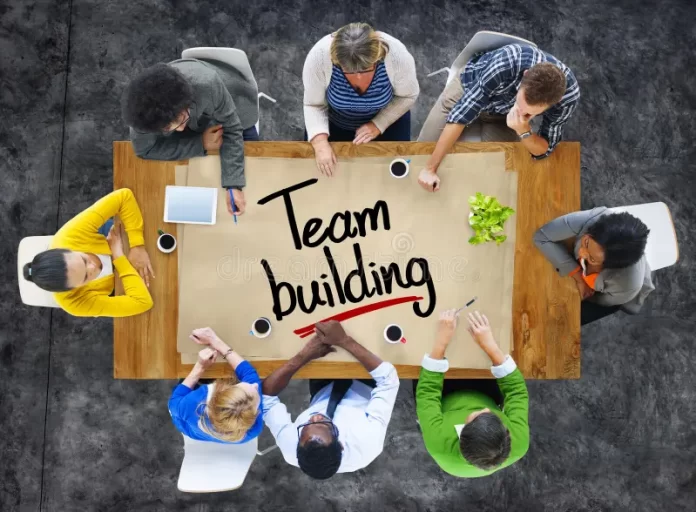Overcoming conflict within a team can be a challenging and stressful task, but it is essential for maintaining a positive and productive work environment. Team building can be a powerful tool to help resolve conflicts and prevent them from escalating further. By fostering open communication, trust, and respect among team members, team building activities can help break down barriers and encourage collaboration. Through team building, team members can learn to understand and appreciate each other’s strengths and weaknesses, which can lead to more effective problem-solving and decision-making.
At some point, conflict arises in any team, whether in the workplace, school, or any organization. It is a common occurrence when people with different perspectives, goals, and personalities come together. When conflict is not dealt with effectively, it can lead to negative consequences such as a decline in productivity, low morale, and even the breakdown of the team. However, it is possible to overcome conflict through team building. In this article, we will discuss the importance of team building in resolving conflicts and some effective strategies to help teams overcome conflict.
Contents
Why Team Building is Essential for Resolving Conflicts
Team building is an essential part of any organization that wants to succeed. It helps to establish strong relationships, enhance communication, and promote teamwork. Team building exercises can also be an effective way to identify conflicts, resolve misunderstandings, and build trust. When people work together as a team, they are more likely to share ideas, respect each other’s opinions, and work towards a common goal.

Effective Strategies for Overcoming Conflict through Team Building
Communication is Key
Effective communication is critical in resolving conflicts. People should be encouraged to express their feelings and opinions in a respectful and open manner. Encouraging active listening and empathy can also be effective in resolving conflicts. Team members should be willing to listen to each other’s perspectives and find common ground.
Foster Trust
Trust is a crucial element in any team. Without trust, team members will be reluctant to share ideas, work together, and contribute to the team’s success. Building trust takes time and effort, but it can be done through team building activities that encourage collaboration, teamwork, and open communication.
Set Clear Goals and Expectations
Setting clear goals and expectations for the team is essential. This helps to ensure that everyone is working towards a common goal and knows what is expected of them. Clear goals and expectations also help to minimize misunderstandings and conflicts within the team.
Encourage Diversity
Diversity in teams can be a source of conflict, but it can also be an asset. Different perspectives, experiences, and backgrounds can bring fresh ideas and innovative solutions to the team. Encouraging diversity in teams can also help to promote understanding and respect for each other’s differences.
Emphasize Collaboration
Emphasizing collaboration can help to reduce conflict within the team. When team members work together, they are more likely to achieve their goals, and conflicts are less likely to arise. Collaboration also helps to build trust and promote a sense of shared responsibility.
Provide Feedback
Feedback is essential in resolving conflicts and improving team performance. Providing constructive feedback can help team members understand their strengths and weaknesses, and identify areas for improvement. Feedback should be given in a respectful and constructive manner, focusing on the behavior rather than the person.
Conclusion
Conflict is a common occurrence in any team, but it can be overcome through team building. Effective communication, trust, clear goals and expectations, diversity, collaboration, and feedback are essential elements in resolving conflicts and promoting teamwork. Team building exercises can help to identify conflicts, resolve misunderstandings, and build trust. By following these strategies, teams can overcome conflicts and work towards a common goal, promoting success and productivity within the organization.



